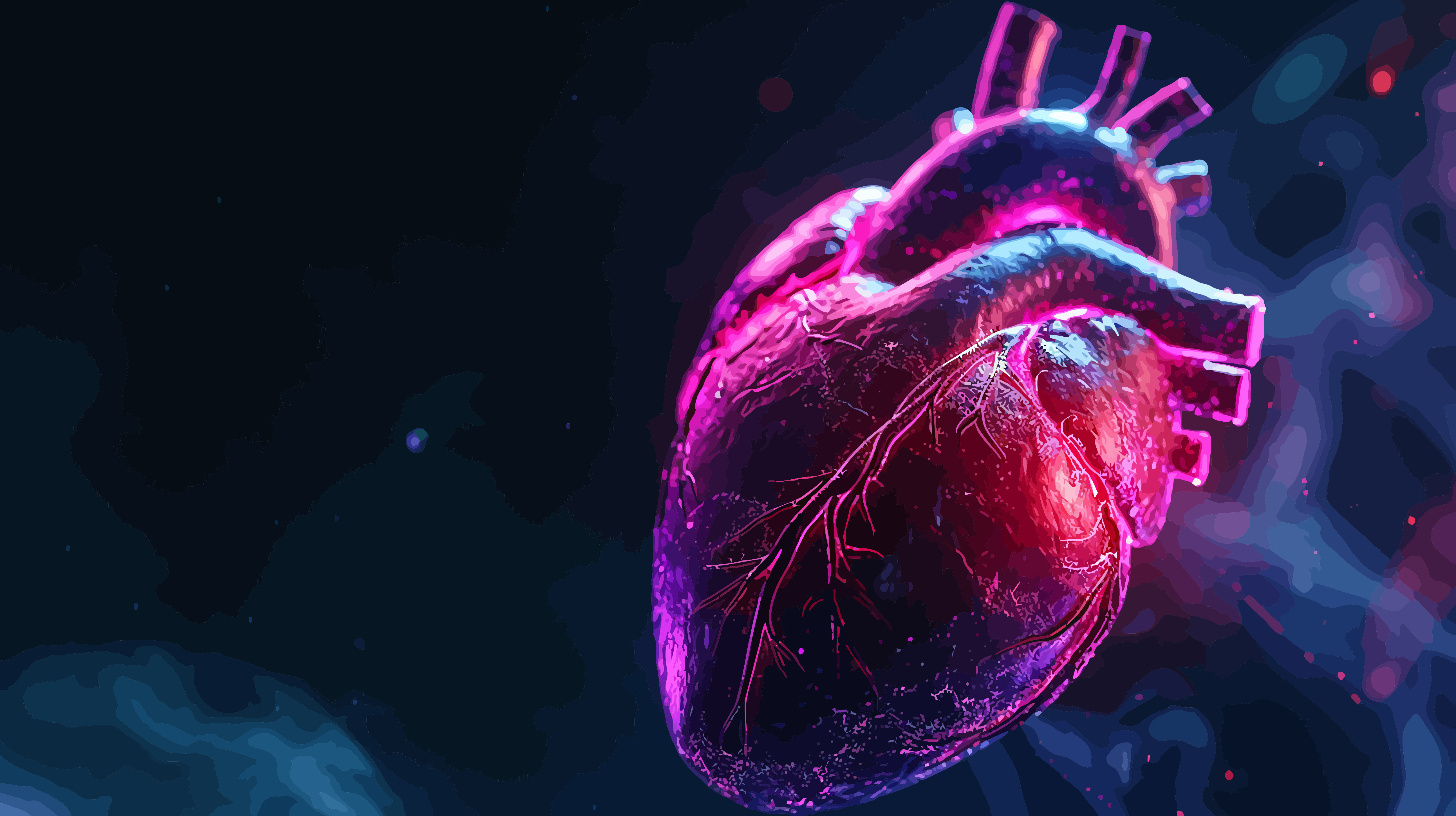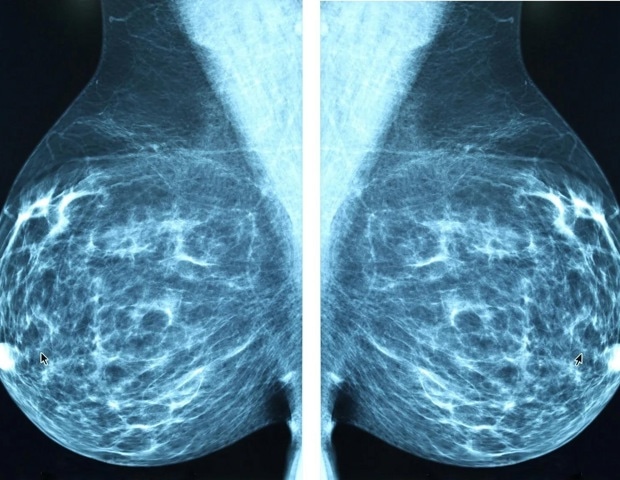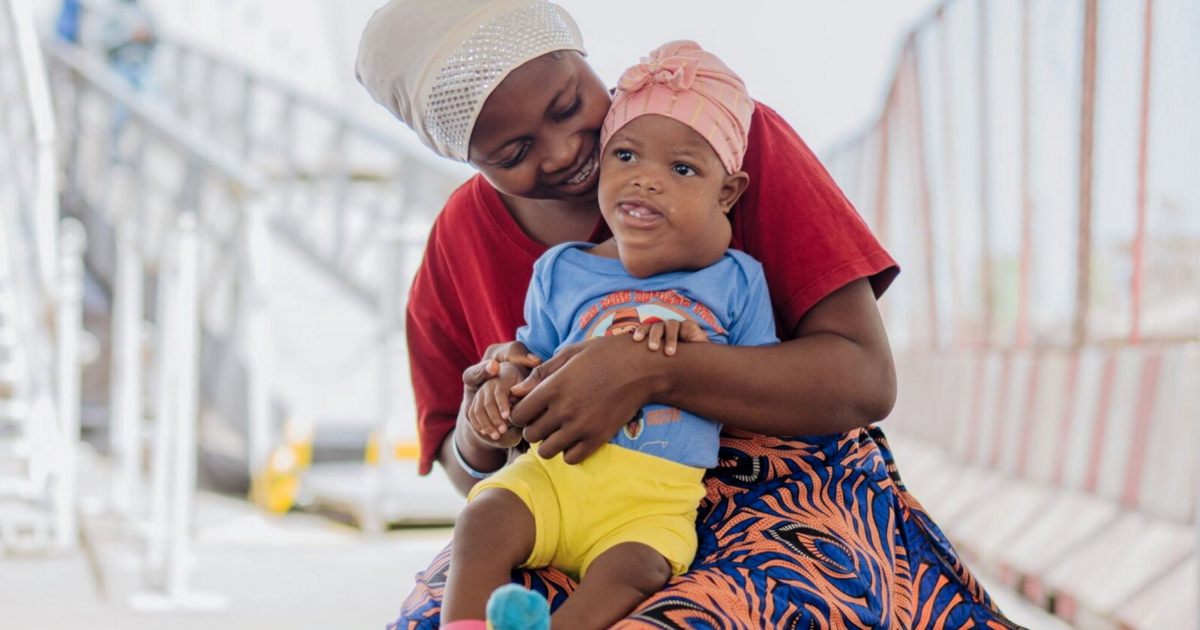Cancer Patients and Survivors: If Heart Health is a Concern, Help is Available

A cardio-oncology clinic for cancer patients and survivors who need prevention strategies or treatment to improve heart health adds a new level of care at UR Medicine.
Wilmot Cancer Institute and Cardiac Care experts run the multidisciplinary clinic, which serves:
- Individuals who are at high risk for developing cardiovascular problems due to cancer treatment before they begin treatment.
- Patients who develop cardiovascular problems during cancer treatment.
- Cancer survivors who have concerns about heart health or develop problems after cancer treatment.
The clinic is for patients with any type of cancer, from solid tumors such as breast, lung, or gastrointestinal cancers to blood cancers like lymphoma or leukemia.
“We are looking at survivorship from the viewpoint of: How can we optimize cardiovascular health so patients can safely complete their cancer therapy, and how can we prevent cardiovascular problems due to cancer treatment years down the road,” said Susan Dent, MD, director of the cardio-oncology clinic.
“If you have diabetes and high blood pressure when you start cancer treatment, for example, or have a strong family history of heart disease, there are preventative strategies available to avoid long-term complications,” she said.
Cardiologist Amit Bansal, MD, and Dana Shannon, NP, are partnering with Dent to care for patients in the cardio-oncology clinic.

Amit Bansal, MD, Susan Dent, MD, and Dana Shannon, NP
“We are dedicated to providing comprehensive cardiac care to our patients while they are enduring and recovering from cancer treatment,” said Bansal, medical director of the clinic. “Our primary goal is to protect the heart and cardiovascular system from the effects of cancer and various treatments, including chemotherapy, immunotherapy, radiation therapy, and cancer surgery.”
The cardio-oncology team will leverage UR Medical Center’s state-of-the-art imaging technology, including advanced echocardiography with strain imaging, stress testing, myocardial perfusion imaging, cardiac MRI, cardiac PET and such as SPECT-CT (single photon emission computed tomography-computed tomography) to diagnose, manage, and treat life-threatening conditions while preserving heart function.
To get more information, please talk to a physician or call: 585-275-2877.
Risks of Cardiovascular Disease for Cancer Survivors
Worldwide, there are an estimated 50 million cancer survivors with more than an 18 million in the U.S.
A large study published in 2022 found that adult cancer survivors, compared to people who do not have cancer, had a 37 percent higher risk of any type of cardiovascular disease and a 52 percent higher risk of heart failure.
Cancer treatments can lead to heart muscle damage, changes in heart rhythms, fluid build-up or swelling of tissues around the heart, valve disorders, coronary artery disease, high blood pressure, and blood clots. Patient risks depend on their heart health at the start of cancer treatment, as well as the type of cancer treatment and medication dosages.
“Typically, in medicine, the approach has been ‘let’s wait until there’s a problem and then we can try to fix it,’’’ Dent said. “But if there is a concern upfront, we want people to know that we have a dedicated clinic where we can optimize cardiovascular health.”
Improving Care to “Thrive” as a Survivor
A medical oncologist, Dent recently joined UR Medicine from Duke Cancer Institute. In addition to the cardio-oncology clinic, she also directs the Judy DiMarzo Cancer Survivorship Program at Wilmot.
Dent is a trailblazer: Prior to her time at Duke, she spent years at the University of Ottawa, where she co-led the first cardio-oncology clinic in Canada and founded the Canadian Cardiac Oncology Network. Dent is currently president of the International Cardio-Oncology Society.
She specializes in treating breast cancer; these patients face an increased risk of conditions such as heart failure and high blood pressure, along with survivors of lung, colorectal, and blood cancers, in part due to side effects of cancer treatments.
When a person is referred to UR Medicine’s cardio-oncology clinic, “We will work with their cancer care providers to make sure that patients can receive the therapy they need,” Dent said. “And if someone already has a relationship with another cardiologist, we will collaborate with them. We want to optimize care, not hinder it.”
“My motto is—we want patients with cancer to not only survive, but thrive,” she added.
Dent also conducts research. She was senior author on a comprehensive overview in the European Heart Journal on breast cancer and cardiovascular health. The paper highlighted the gaps in knowledge and opportunities for research to ensure the holistic well-being of individuals with breast cancer.
Bansal joined the UR in 2023 as a clinical cardiologist. Since 2012, he has worked in upstate New York in various roles, including as director of quality for the Department of Medicine at Rochester General Hospital. He is board-certified in cardiology, internal medicine, comprehensive echocardiography, nuclear cardiology, and healthcare quality and management, and has published in medical journals. During his cardiology fellowship, he trained in cardio-oncology at Memorial Sloan Kettering Cancer Center and Roswell Park Comprehensive Cancer Center.
link






